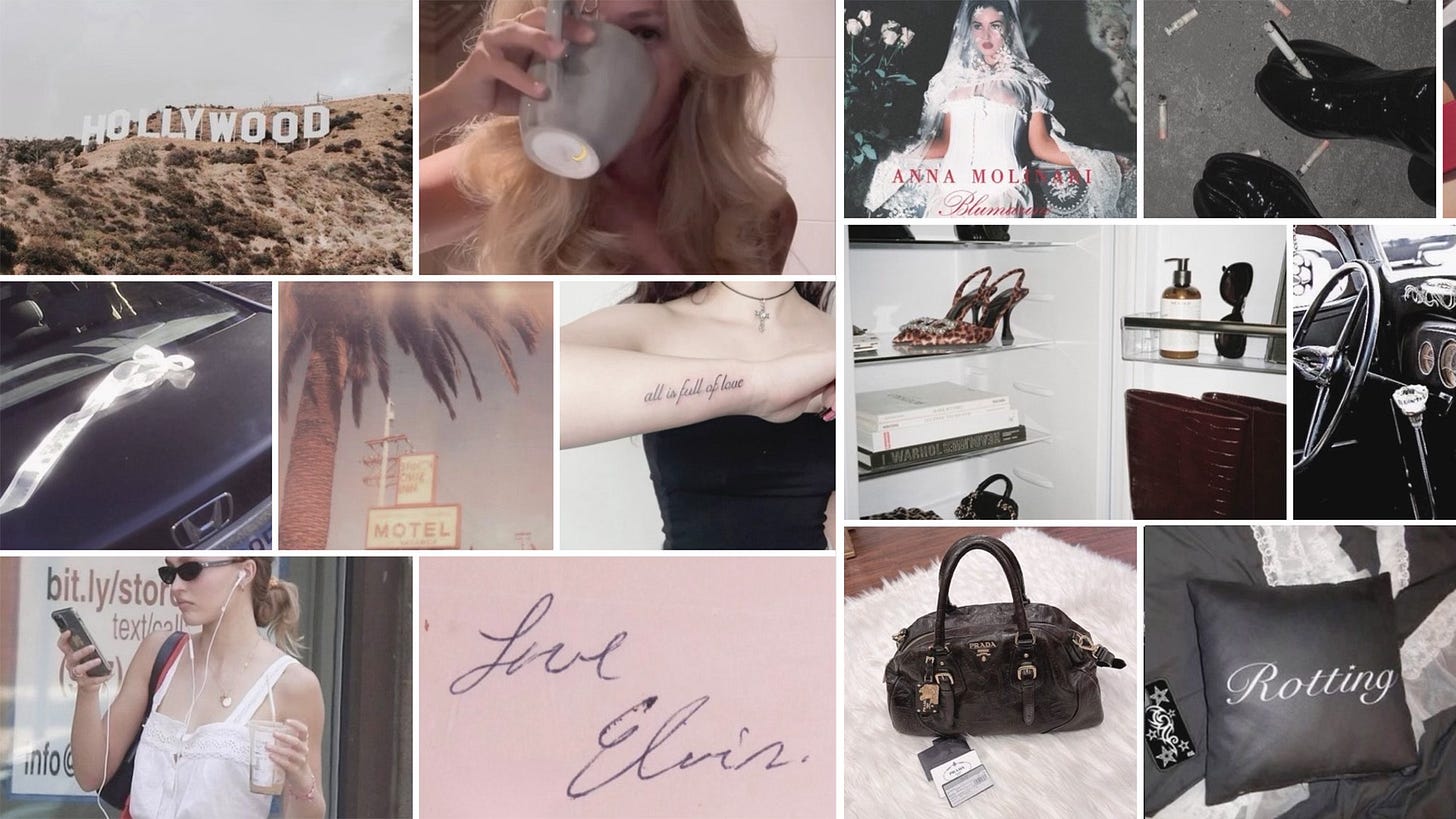The Dupe Effect: How AI Makes Mediocre Easy and Excellence Essential
Just as Gen Z forced luxury brands to prove their worth beyond logos, AI is pushing us to prove our worth beyond execution.
Gen Z has completely changed how we think about luxury. They're out here making TikToks about their Amazon dupes with zero shame, proudly mixing their $30 Zara versions with authentic pieces. Surprising only to someone who can afford to pay full retail, they're happy to trade a logo (and all the heritage values of exclusivity and prestige that supposedly come with it) for a better deal. The "dupe girlies" of TikTok rack up millions of views comparing their Bottega knockoffs to the real thing, and the comments are full of fire emojis, not criticism. It's not killing luxury though - it's forcing brands to actually prove their worth beyond the visibility of their logo.
This is exactly what's happening with AI and creativity. There's panic about AI starting to make basic ads or social posts, hundreds of versions at a time. But here's the thing - when everyone has access to "good enough" creative, just like everyone can now get "good enough" designer looks, it forces us to level up what "great" actually means.
when everyone has access to "good enough" creative, just like everyone can now get "good enough" designer looks, it forces us to level up what "great" actually means
Look at what's happened with beauty content creators. It's no effort to film a decent makeup tutorial with ring lights and filters now. But that's exactly why the successful ones have evolved into something more - creating entire aesthetics and movements. Think about how Alix Earle popularized get-ready-with-me authenticity, or how Mikayla Nogueira turned dry product reviews into compelling storytelling. They're not competing on polish - they're competing on personality and point of view.
That's where we're heading with AI and creativity. Yes, AI will make it easier for anyone to create good enough looking content or campaigns. But that's actually energizing - it means we can focus on the stuff that AI can't do as well: the weird but unforgettable ideas that make fun of whatever the brief says we should do… the revelatory cultural insights from ‘reading the global room’ by actually living through trends and subcultures… the unexpected almost mystical epiphanies that a human brain can make at 2am while assembling IKEA furniture buzzing on Zyn.
The luxury market proves this perfectly. Despite dupes being everywhere, houses like Bottega Veneta are having their best years ever by focusing on innovation that's harder to copy - their "stealth wealth" aesthetic became iconic precisely because it rejected obvious branding. Look at how Prada's creative partnership with Miuccia and Raf keeps pushing boundaries with refreshing juxtapositions of intellectual rigor with radically unexpected design elements. The message is clear: when technical execution becomes democratized, pure creative vision becomes the differentiator.
when technical execution becomes democratized, pure creative vision becomes the differentiator
And the market's noticing. While luxury houses thrive, new companies built on "dupes done right" like Quince are raising hundreds of millions. Because this isn't a zero-sum game - it's an evolution of how we think about creativity and value.
Thinking AI will kill creativity is like thinking dupes would kill luxury fashion. It's doing the opposite - forcing us to actually be creative again instead of hiding the lack of an idea behind fancy execution or production value. The winners will be the ones who can think in truly original ways and tap into culture in ways an AI would struggle with.
And honestly? That's exactly the kick in the pants our industry needs. Complacency and coasting on technical execution and visual glam is lazy. Remember when luxury meant slapping a filter on rich-looking kids staring into the middle distance in the Moroccan desert and calling it a campaign? AI can do that now in seconds. We need to push for the ideas that algorithms can't imagine.
We need to push for the ideas that algorithms can't imagine.
Think of it this way: If everyone can make a derivatively styled fashion editorial with KREA, that's exactly why someone like Meisel still matters - it's not about the technical perfection of copying famous styles, it's about vision and point of view. Or look at how Jacquemus reinvented fashion shows for social media - it's not about traditional runway anymore, it's about creating moments that make people feel something.
The future belongs to those who can mix the "convenient" with the truly innovative - who can make use of AI's capabilities while adding that unmistakably human spark no algorithm can replicate. Those fire emojis in the comments aren't celebrating the perfect dupe; they're celebrating someone who knows how to make something their own. Because when everything becomes accessible, when anyone can create "good enough," that's exactly when true innovation becomes invaluable.
Just as Gen Z forced luxury brands to prove their worth beyond logos, AI is pushing us to prove our worth beyond execution. And like those luxury brands who rose to the challenge by creating something genuinely new and exciting, we too get a shot at elevating our game.
--
Art credit: tumblr.com/444prilsbae


